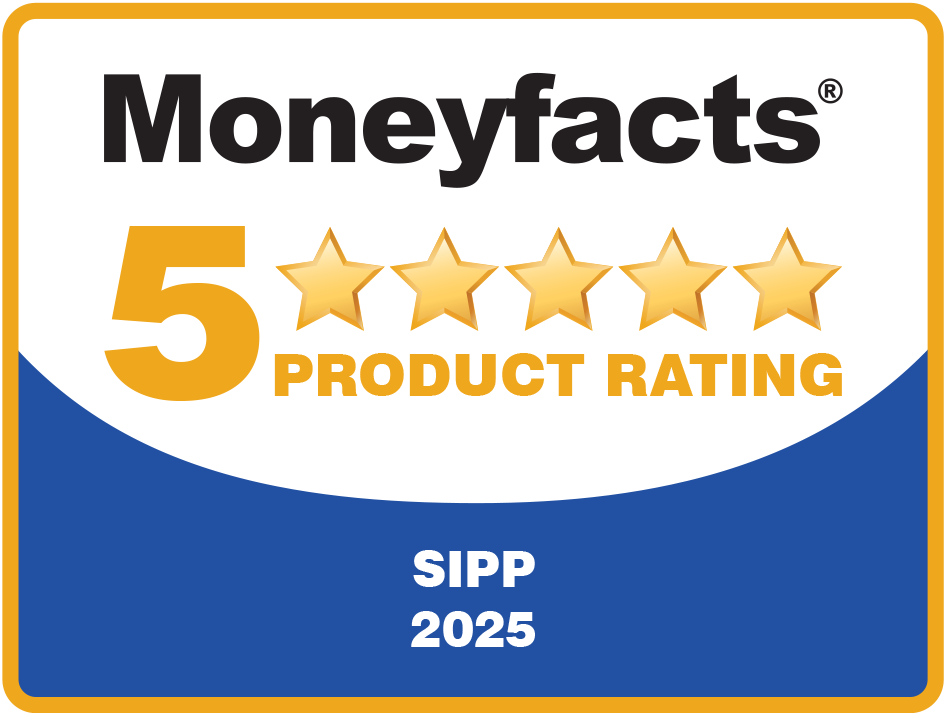3 key questions you should ask when choosing a SIPP provider
Having administered SIPPs since 1995, it’s fair to say that IPM has seem the market evolve in ways that would have been difficult to foresee 25 years ago.
While there was just a handful of specialist firms offering a SIPP back then, latest research from Defaqto suggests that, in April 2021, there are now 122 different SIPP products being offered by 74 different providers.
These figures are actually down on numbers from only a couple of years ago, when 136 different SIPP products were available from 84 providers.
In September 2016, the FCA introduced new rules around the amount of capital SIPP providers needed to retain within their business to satisfy capital adequacy requirements. These changes were significant – for example, IPM saw a sevenfold increase in the amount we have to keep in reserve.
One of the drivers behind these changes was an increase in the number of investments made by some SIPP providers on behalf of clients that turned out to be illiquid. We’ve highlighted some of these cases before, the results of which saw increases in claims to the Financial Services Compensation Scheme.
Despite these changes, in recent years there have been a number of high-profile SIPP providers who have gone into administration; Guinness Mahon, Liberty SIPP, and Guardian Pension Consultants to name a few.
Most of the advisers IPM work with do not recommend non-standard investments to their clients, nor does IPM accept a large volume of business on this basis. However, we will consider certain non-standard investments based on individual merits, such as a quarterly dealing hedge fund for a professional investor, for example.
For advisers, however, it’s important to remember this. Just because you are not recommending these types of investments does not mean that you and your clients will not be caught up in any potential fallout should a SIPP provider fail.
We work with advisers who also had clients with Liberty SIPP, holding straightforward investments, who have encountered a range of difficulties since their collapse and subsequent transfer of business.
We have also been asked to take over SIPPs of collapsed firms that have been taken over by other SIPP providers. Difficulties we understand advisers have experienced include:
- Any relationships they had built up with individuals at the collapsed provider are now gone. Therefore, they now have to get to grips with a new firm, who have just taken over a book of complicated SIPP business. Advisers can experience significant delays in obtaining responses to queries. This is impacting adviser/client relationships.
- The fee structure of the new provider is different to that of the collapsed provider. Often clients find that the annual fee they pay to the new provider is higher than they were previously paying, however there is usually a period a client can transfer out at no cost.
- It is not always easy to transfer to another SIPP provider, if the SIPP holds a non-standard asset or commercial property, for example.
We have previously spoken about the importance of carrying out due diligence on your chosen SIPP provider. IPM always aims to be open to our advisers about our business and if you haven’t got a copy of our latest due diligence document, click here to request one.
With the failure of other SIPP providers in mind, here are three key questions you should ask when undertaking due diligence. These will help to ensure that any provider you select for your clients is likely to be in the market for the long term.
What is the firm’s capital adequacy status?
SIPP providers must regularly provide reports to the FCA to ensure that the level of capital adequacy retained meets the minimum requirements.
While all SIPP providers should meet the minimum levels, you should ask further questions as to how this is met (i.e., from retained profits or by taking in third-party loans) and query the amount in excess of the minimum a provider retains.
By having a higher reserve, this ensures the SIPP provider can absorb any changes to their minimum requirements as a result of the value of the assets within the scheme increasing.
Where does a provider get their business from?
In previous articles we have talked about the difficulties some providers have found themselves in when accepting high levels of business from unregulated introducers, some being based overseas.
Where a provider is accepting business from a non-FCA regulated introducer, and the SIPP is investing into an unregulated, non-standard asset, the only regulated party in the transaction is the SIPP provider.
Asking where a provider gets their business from, and the types of SIPPs they are establishing, should allow you to spot any patterns that could raise a red flag. Most new SIPPs introduced to IPM are done so via FCA regulated financial advisers.
Investments – what is a provider prepared to accept now and what have they accepted historically?
If a provider has a large book of unregulated, non-standard, illiquid investments then this should be another cause for concern.
While providers may have some investments that have become illiquid, such as some exempt property unit trust structures, for example, these should be few and far between.
If a provider has volume storage pod holdings, burial plot schemes, shares in overseas holiday resorts, or airport car parking spaces (all of which IPM have been asked to accept and we have rejected), not only will this have a significant impact on their capital adequacy, but this could also spell trouble in the future.
Get in touch
If you want to have a chat about the potential of SIPPs for your clients, or any other aspects of pension planning, please contact us. Email info@ipm-pensions.co.uk or call 01438 747 151.



